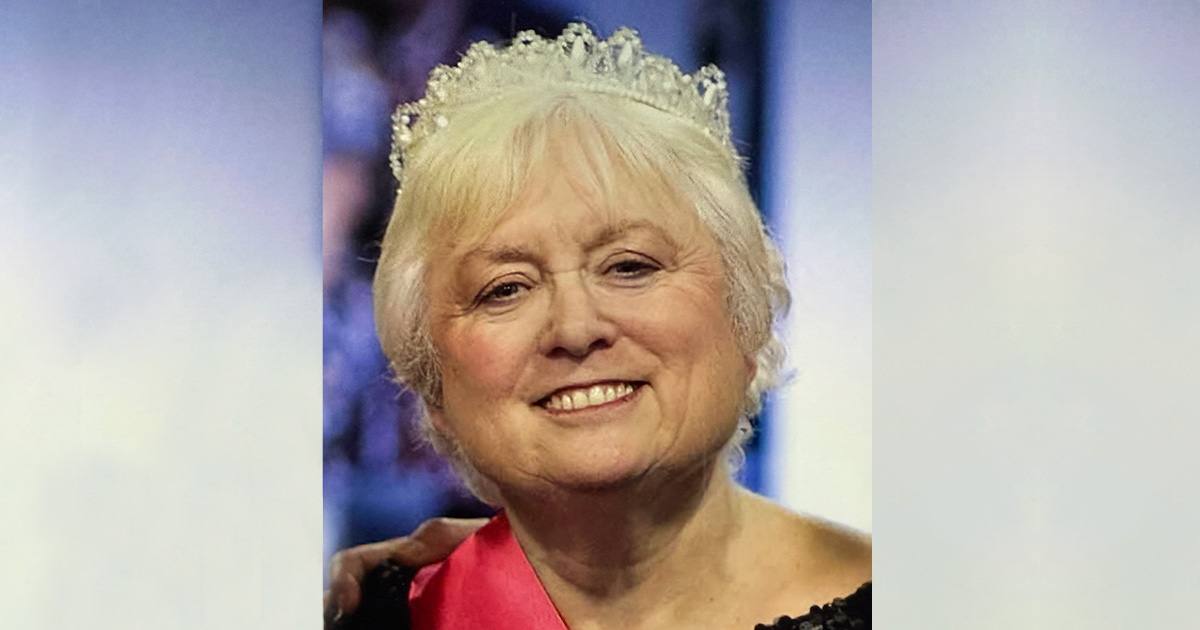When a child is diagnosed with type 1 diabetes, parents encounter a steep learning curve that includes needing to understand diabetes and its management, and mastering the skills of insulin administration and blood glucose monitoring. Whether in hospital or in the child’s home, education and support at diagnosis, and on-going care over the years until the child transfers to the adult service, is predominantly provided by a paediatric diabetes specialist nurse (PDSN).
In the longer term, many parents find that diabetes adds another challenging dimension to the everyday pressures and demands of childhood and adolescence. For example, we will all have encountered in our clinics parents who are tearing their hair out trying to support their teenagers to manage diabetes sensibly within the context of their need to grow up and assert their independence.
How many parents have you seen become upset or angry when their child’s HbA1c level has risen by 2% (21 mmol/mol), or distressed when they discover their teenager has been fabricating results in their diary? We have no definitive answers to these kinds of problems, but PDSNs work with the child and parents to find ways of overcoming them, and acknowledge that often these problems are linked to psychosocial issues.
The more challenging cases may be referred for psychological support, but there is a shortage of clinical child psychologists, particularly those with an interest in childhood diabetes. Thus, despite a rising incidence of childhood diabetes, and most paediatric diabetes nursing teams in centres across the UK being under-resourced (Lowes et al, 2009), counselling comprises a significant part of the PDSN role.
At diagnosis, parents of children with diabetes are known to experience a grief reaction similar to that normally associated with bereavement. Parents experience a number of losses, such as a loss of spontaneity or the loss of feeling able to keep their child safe. They live with this intense grief as they try to cope with the practicalities and demands of diabetes management, and as they adapt their lives to incorporate the needs of their newly diagnosed child (Lowes et al, 2005). Subsequently, many parents do not have time in the early days to think about, or address, their sadness – often not even talking to their partners about how they feel. Also, when they come to the clinic, or have a home visit from the PDSN, their child is usually present, making it difficult or perhaps inappropriate to talk about feelings. Over time, their grief subsides but does not always go away completely, and still exists for many parents even 7–10 years after diagnosis (Bowes et al, 2009).
I wonder how often we identify parental grief, over and above using our skills to comfort parents as best we can when they become upset at diagnosis. Throughout their child’s journey from diagnosis to the adult diabetes service, how often do we have in-depth discussions with parents, on their own, about their feelings? I would suggest that parental grief is rarely identified or discussed in the years after diagnosis, which is regrettable if, as I believe, unresolved parental grief has the potential to impact on their child’s diabetes control.
Poor diabetes control, however, is not necessarily an indicator of parental grief, nor should it be the definitive criterion for assessing the existence of grief. Parents have described how their child’s “good” diabetes control masked their continuing sadness; because the HbA1c level did not give cause for concern, healthcare professionals assumed they were “coping”.
Importantly, despite highly valuing the ongoing care provided by PDSNs, parents have felt let down in the provision of emotional support (Bowes et al, 2009). If parents’ emotional needs are not being met in the context of everyday practice, we need to review how this can be addressed.





International Diabetes Federation officially recognises “type 5 diabetes”, decades after first being observed.
24 Apr 2025